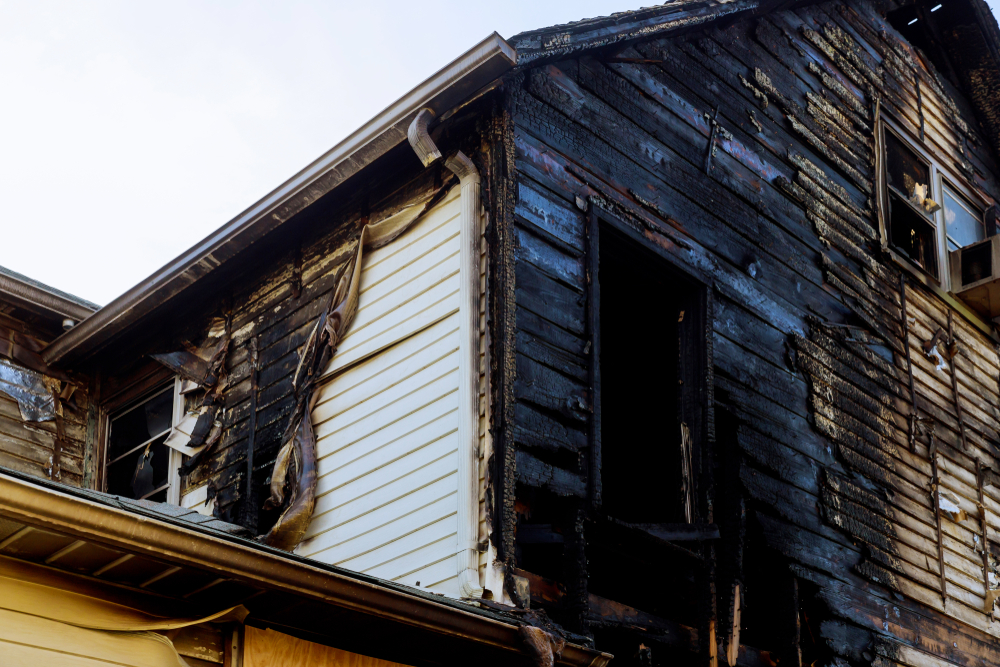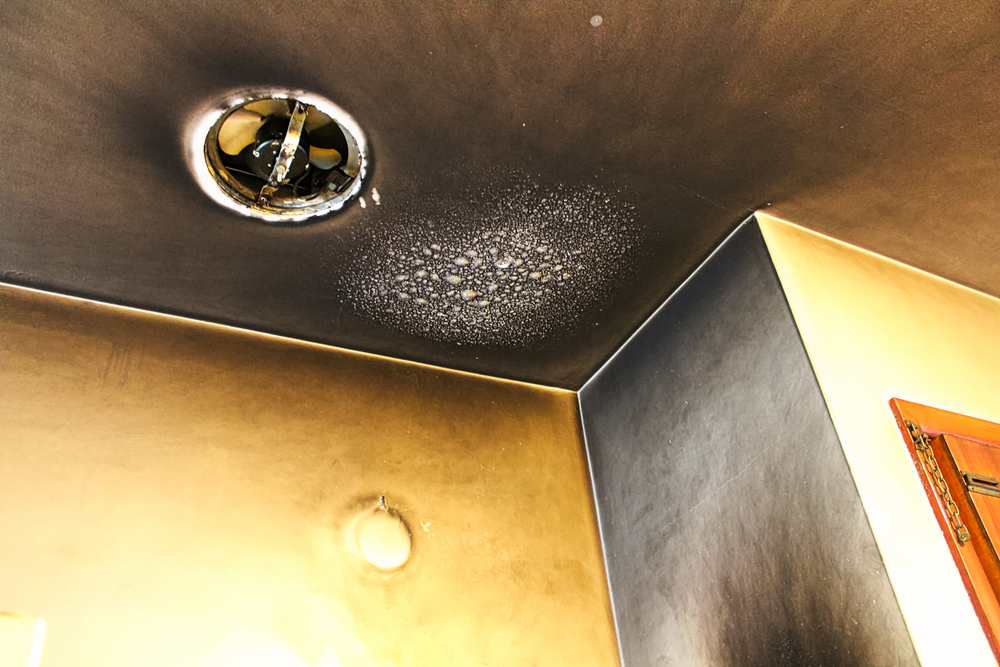For Philadelphia households, fires may be disastrous, endangering lives and seriously damaging property. House fires actually occur more often than most people would have you know. Thousands of residential fires break out in Philadelphia annually, causing injuries, death, and damages worth millions of dollars. The good news is, though, most house fires may be avoided with little care.
Knowing the typical causes of house fires will enable homeowners to act early to safeguard their family members and themselves. This blogpost will walk over Philadelphia’s leading causes of house fires and provide doable advice on how to stop them.
1) Cooking Fires
House fires in Philadelphia and around the country start mostly from cooking. Many times starting fast, these flames can spread out of control if not quickly attended to. Actually, the kitchen starts almost half of all home fires, and most are caused by small errors.
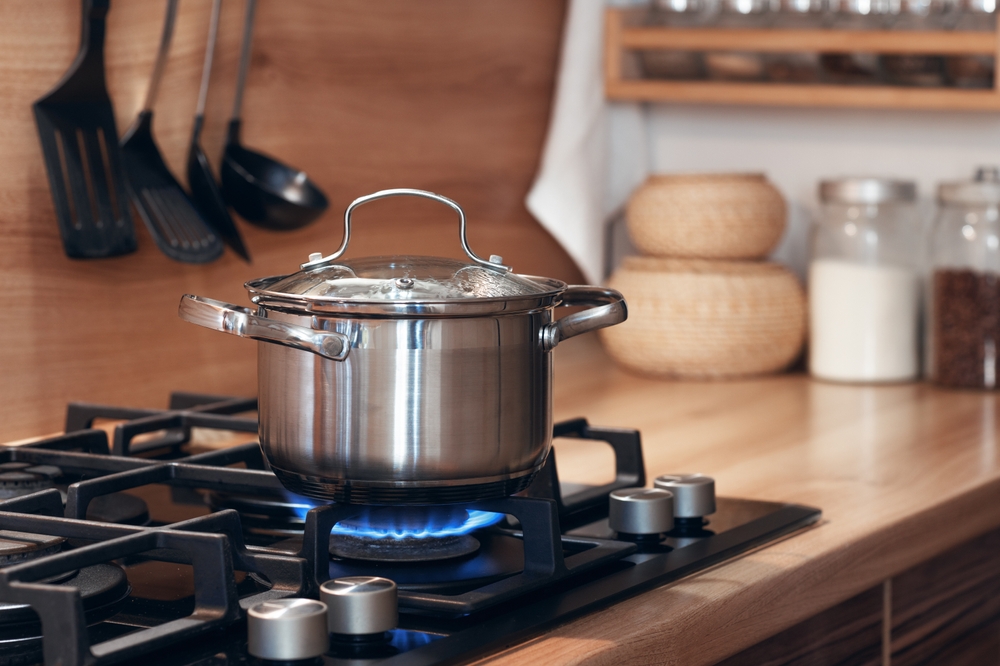
Common Causes of Cooking Fires
- Unattended Cooking: Cooking fires originate mostly from food left on the stove unattended. Left too long without supervision, a pot of oil or a pan filled with food will readily catch fire.
- Grease Fires: Should the oil overheated during cooking with fat or oil, grease fires might erupt. Because splashing water on greasy fires would aggravate the fire, they can be very hazardous.
- Oven Fires: Fires can also start from crumbs and spills left in ovens. These tiny morsels of food can catch fire, smoke, or just heat up.
Prevention Tips for Cooking Fires
- Stay Alert: Never let preparing food to go unattended. Turn off the burner if you must leave the kitchen—even momentarily.
- Keep a Fire Extinguisher Nearby: In fast fire extinguishing, a tiny kitchen fire extinguisher might be quite helpful.
- Avoid Loose Clothing: Steer clear of loose clothes since, particularly while cooking over open flames, they catch fire readily.
2) Electrical Fires
Another main reason house fires in Philadelphia start is electrical fires. Many older properties feature antiquated wiring or electrical systems unfit for current needs. If plugs are overloaded or cords are destroyed, even more modern homes could have electrical problems.
Common Causes of Electrical Fires
- Faulty Wiring: Older wiring runs the danger of overheating and catching fire. This is especially typical in homes built before the 1980s, which might not be able to manage the electrical loads of today.
- Overloaded Outlets: Plugging too many gadgets into one outlet runs the danger of overheating and starting a fire.
- Damaged Cords: If frayed or broken cords comes into touch with flammable objects, they might spark and start a fire.
Prevention Tips for Electrical Fires
- Schedule Regular Electrical Inspections: Plan regular electrical inspections to have a certified electrician check the wiring in your house and address any problems before they become hazardous.
- Avoid Overloading Outlets: Try to control the quantity of appliances you plug into each socket to prevent overloading them.
- Replace Damaged Cords: Don’t utilise frayed, cracked, or otherwise damaged cords in any capacity.
3) Heating Equipment Fires
Philadelphia winters may be quite chilly, hence many houses depend on heating systems to remain comfortable. If improperly used, sadly space heaters, chimneys, and furnaces may all cause house fires.
Common Causes of Heating Equipment Fires
- Space Heaters: Convenient yet dangerous if put too near combustible items such as drapes, furniture, or bedding are space heaters.
- Faulty Chimneys and Furnaces: Blocked or unclean chimneys and furnaces could lead to a combustible creosote accumulation. Ignorance of maintenance for furnaces can also lead to flaws that raise fire hazards.
Prevention Tips for Heating Equipment Fires
- Keep Space Heaters Away from Flammable Materials: Keep space heaters at least three feet away from anything that could catch fire.
- Inspect Chimneys and Furnaces Annually: Inspect furnaces and chimneys annually; by spotting blockages or other problems, this helps to prevent fires.
- Turn Off Space Heaters When Not in Use: Turn off space heaters when not in use to prevent nighttime or room leaving heaters running.
4) Smoking Materials
Particularly if someone falls asleep while smoking or fails to properly extinguish cigarettes, smoking inside can be rather harmful. A substantial proportion of home fire deaths are caused by smoking-related fires starting from materials.
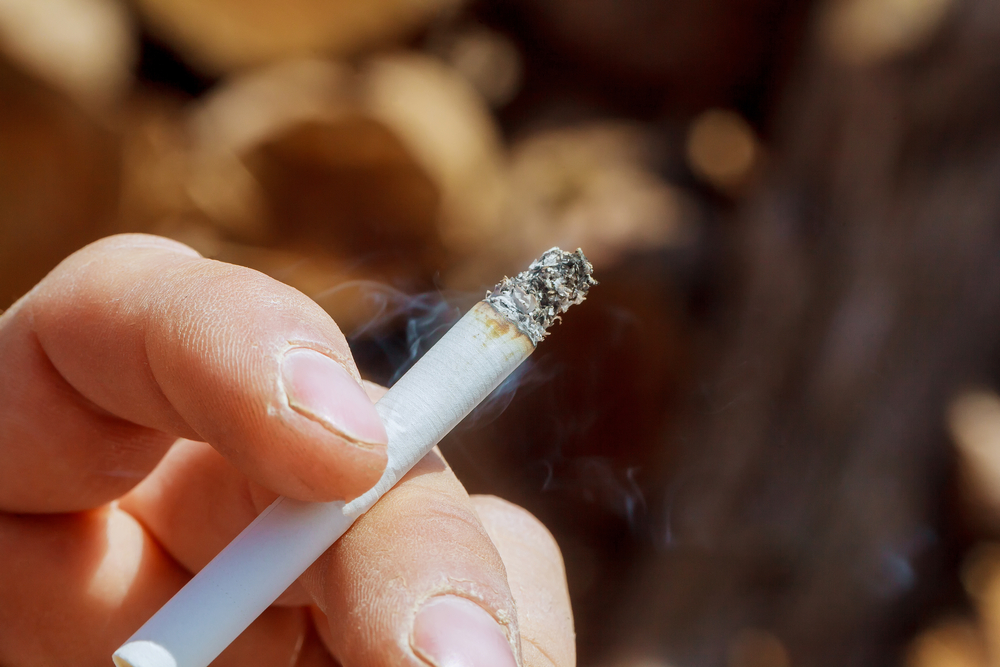
Common Causes of Fires from Smoking Materials
- Cigarette or Cigar Fires: When cigarettes are improperly disposed of, they can smother and finally catch other items on fire.
- Falling Asleep While Smoking: Falling asleep while smoking can cause fires starting in couches or beds where smouldering cigarettes might ignite cloth.
Prevention Tips for Smoking Materials
- Smoke Outside: If at all possible, stay away from smoking indoors to lower the chance of a fire starting.
- Use Deep Ashtrays: Deep ashtrays help you to completely cut out smokes more easily.
- Extinguish Cigarettes Carefully: Before disposed of, make sure all smoking products are completely extinguished.
5) Candle Fires
Though they provide a pleasant environment, candles are also a significant source of house fires in Philadelphia. An unattended candle might readily grab fire-starting objects nearby or tip over.
Common Causes of Candle Fires
- Unattended Candles: Leading cause of candle fires is leaving unattended candles.
- Flammable Decorations Near Candles: Near a candle, flammable decorations such curtains, books, and other objects can ignite fast.
Prevention Tips for Candle Fires
- Never Leave Candles Burning Unattended: Always blow out candles before leaving a room unattended.
- Keep Candles Away from Flammable Materials: Stow candles away from combustible objects. Arrange candles on sturdy surfaces free from anything likely to catch fire.
- Use Battery-Operated Candles: Use candles run on batteries. One safer alternative is to think about flameless candles.
Conclusion
Often in Philadelphia, house fires are avoidable. Knowing the primary causes—such as culinary mistakes, electrical problems, and heating equipment breakdowns—you may help to safeguard your house and family. Reducing fire-related damage mostly depends on your regular home inspection for possible fire hazards and your practicing of fire safety.
Additional Tips for Fire Safety
- Create a Fire Safety Plan: From every room, plan at least two escape routes; practice with your family.
- Install Smoke Detectors and Carbon Monoxide Alarms: Install carbon monoxide alarms and smoke detectors to give you more time to react when they early warn you of danger.
- Learn How to Use Fire Extinguishers: Store fire extinguishers in reachable places and make sure family members know how to use them correctly.
- Know Local Resources: Philadelphia’s fire departments offer tools and knowledge on fire safety. Think about seeking out more help.
Using these fire safety guidelines can help you to safeguard your family and house. Spend some time looking over your house for any possible hazards; don’t wait to fix any you discover. Keeping your loved ones safe can depend much on your proactive attitude to fire safety.
Following these guidelines can help Philadelphia residents establish a safer home and drastically lower their risk of fire. Starting these small actions now will assist to guarantee a future free of fires.
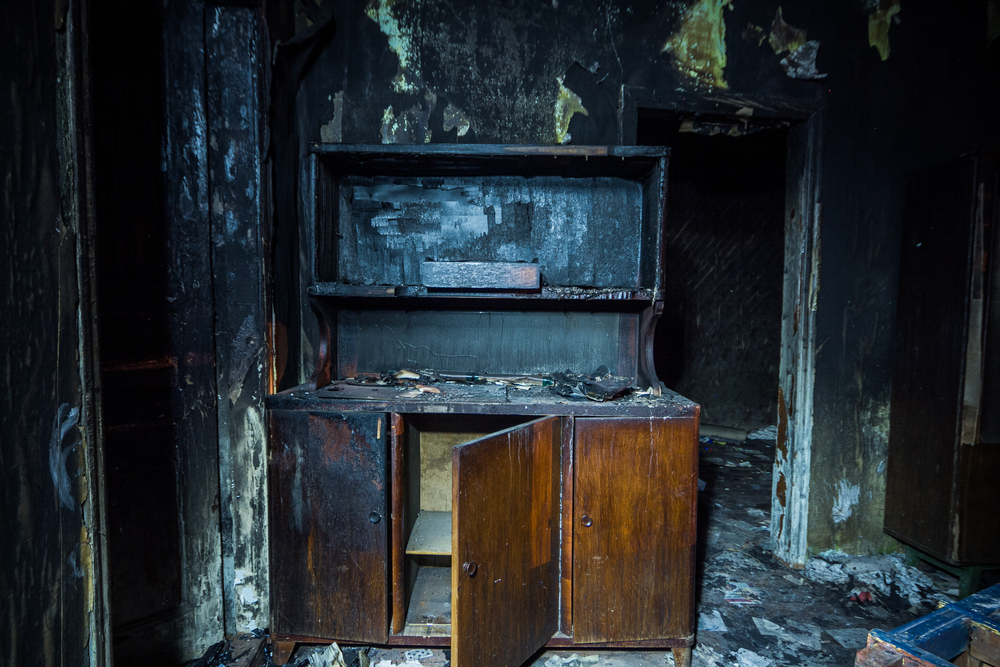
Philadelphia Restoration Services
https://www.google.com/maps?cid=3399342399556699153
+1 267 668 0013
https://philadelphiarestorationservices.com/

